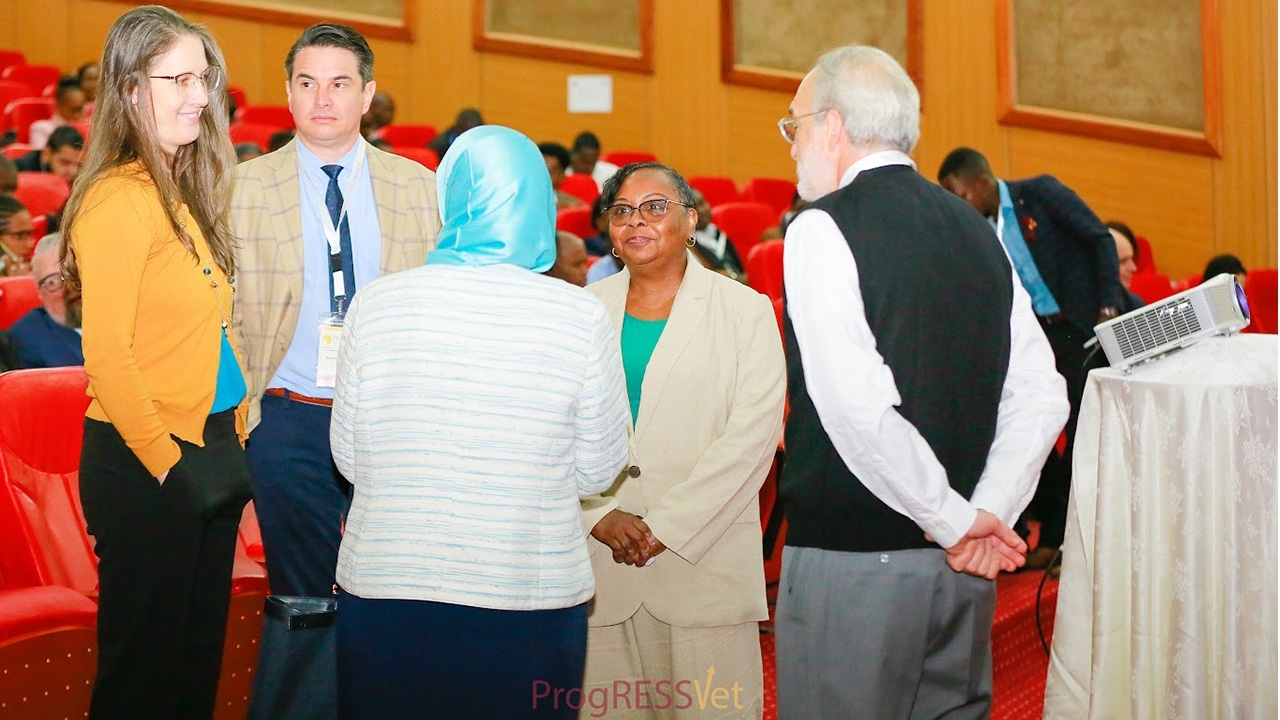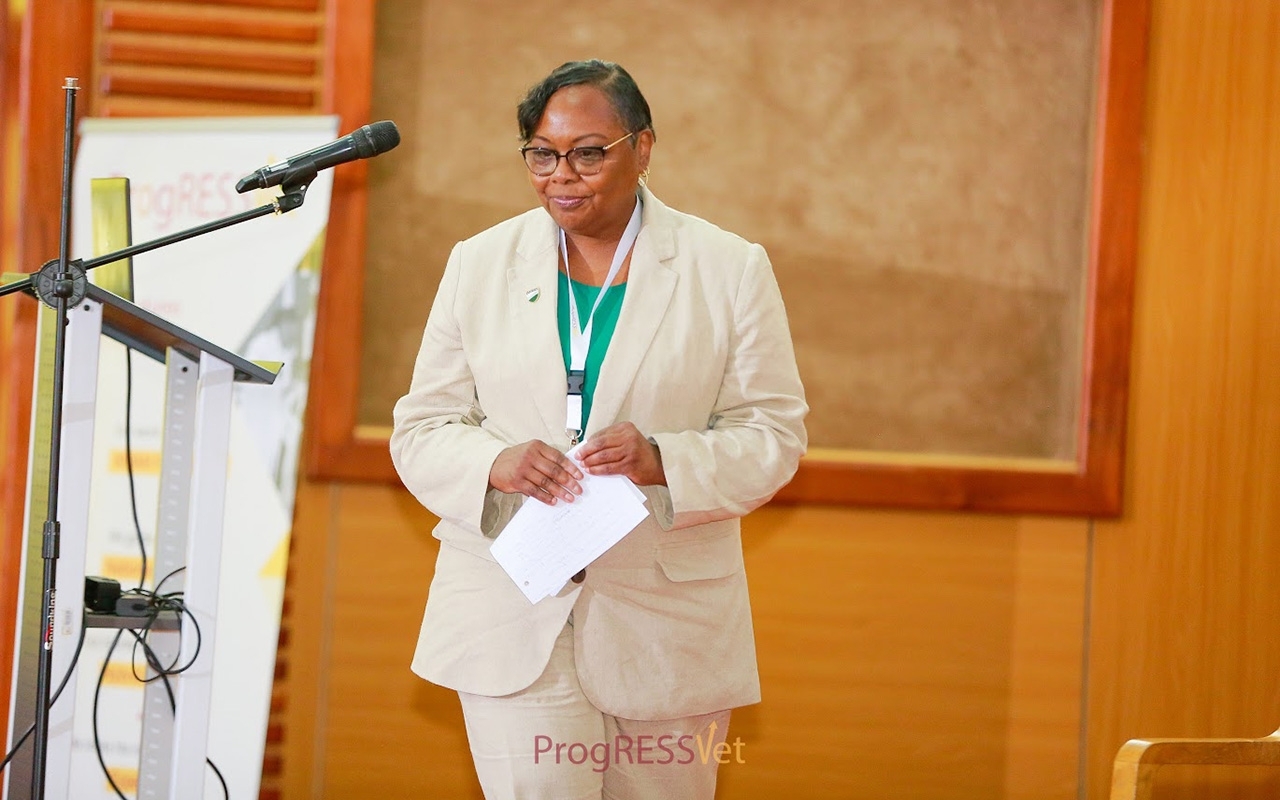APHIS in Action: Enhancing Food Safety and Security in Africa through Strong Partnerships

APHIS plays a crucial role in strengthening partnerships, enhancing safe trade, and promoting food safety and security in Africa. This crucial work improves agricultural practices and builds regulatory capacity that leads to food security and trade opportunities for African nations.
This summer, International Services Deputy Administrator Cheryle Blakely attended the 9th Pan African Conference and Workshop on Sanitary/Phytosanitary (SPS) Regulations and Science-Based Risk Analysis to Promote Agricultural Trade in Africa. This conference, held in collaboration with Tuskegee University, took place in Addis Ababa, Ethiopia, and Nairobi, Kenya.
Workshops such as this are part of APHIS' work to bolster our African partners’ ability to protect against the movement, spread and introduction of plant and animal pests and diseases. Over the course of the conference, APHIS organized and sponsored many smaller workshop sessions focused on developing regulatory capacity and science-based risk analysis skills. To date, APHIS and Tuskegee University have organized trainings for over 225 government officials and faculty from 25 African countries, promoting intra-African and global agricultural trade by developing expertise in SPS measures.

SPS Regulations are designed to standardize safety measures to protect against destructive pests, viruses, or diseases of agriculture. APHIS’ efforts to increase African nations’ SPS capacity has led to new laboratory and farm biosafety measures, innovative sample collection methods, antimicrobial resistance mitigation, and risk assessment tools that all work to benefit Africa in promoting sustainable agriculture and increasing productivity.
Improving agricultural practices and infrastructure in Africa increases agricultural productivity and expands trade and export opportunities for both the United States and Africa. This aligns with sustainable development goals, such as ending hunger, promoting resilient agriculture, and reducing poverty. APHIS works closely with African and multilateral partners to address food insecurity and boost food production, mitigating the risk of malnutrition and famine affecting nearly 800 million Africans.
APHIS also helped launch the ProgRESSVet Multi-regional Workshop series in Nairobi, Kenya. This year-long program focuses on containing highly contagious livestock diseases like foot and mouth disease or African swine fever that can spread quickly across borders. Participants from 21 African countries and various international organizations attended the launch, emphasizing the importance of continued engagement and collaboration.
#
USDA is an equal opportunity provider, employer, and lender.

